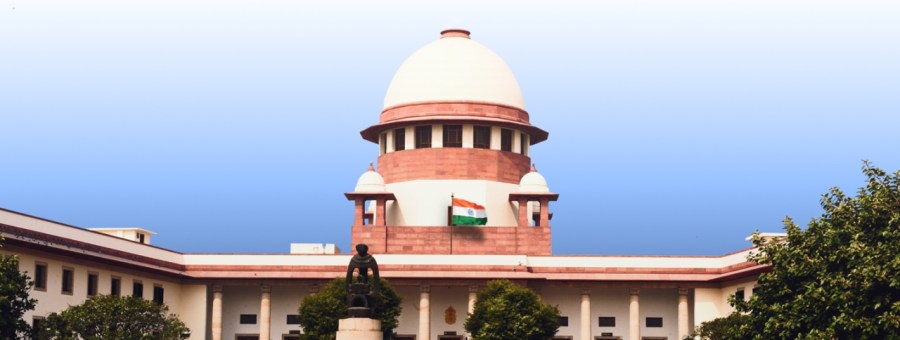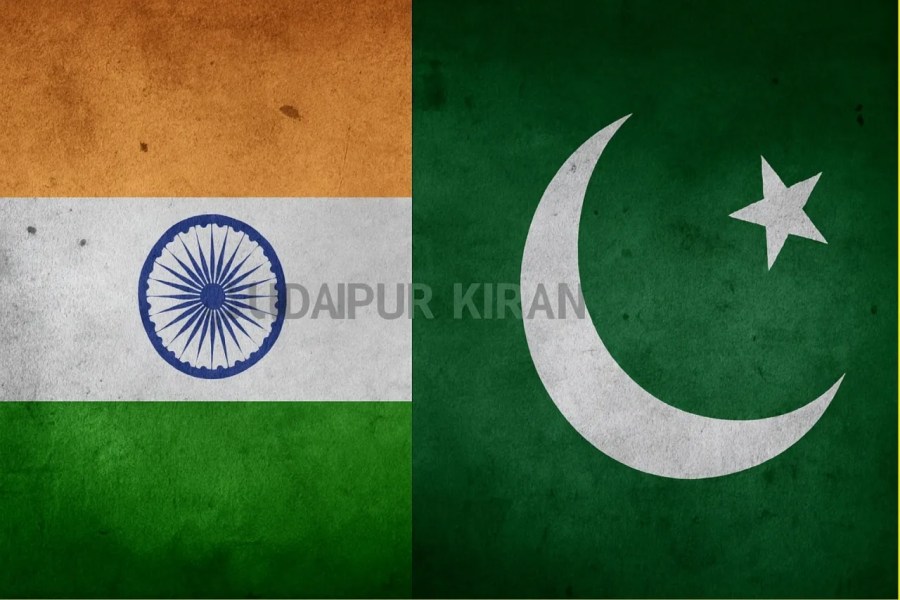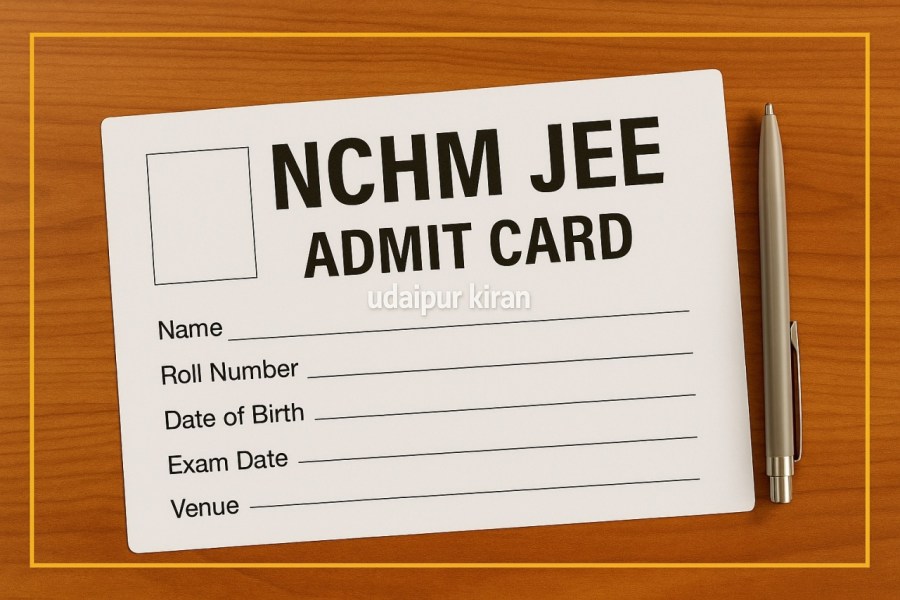Supreme Court of India Declares: Moral Policing Not the Role of Judiciary
New Delhi, April 8 In a landmark decision reinforcing the boundaries of judicial responsibility, the Supreme Court of India has ruled that moral policing is not within the purview of the courts. The judgment came while setting aside a previous order by the Punjab and Haryana High Court, which had imposed a ₹10 lakh fine each on political analyst Tehseen Poonawalla and music composer Vishal Dadlani over tweets made in 2016 about Jain monk Tarun Sagar.

Supreme Court Criticizes High Court Overreach
The bench, headed by Justice A.S. Oka, delivered a sharp critique of the High Court’s decision, asserting that judges are not arbiters of morality, and should not pass subjective judgments on religious sentiments. The Supreme Court emphasized that the petitioners had committed no criminal offense and found the earlier verdict to be an overreach of judicial authority. The Court further stated that there was no need for any judiciary to compare the social contribution of religious figures with that of private individuals.
FIR and Penalty Quashed by Apex Court
The case dates back to August 26, 2016, when Jain monk Tarun Sagar addressed the Haryana Assembly. Following the address, Vishal Dadlani made a tweet criticizing the event, which led to public backlash and a formal complaint by Ambala resident Puneet Arora. The Punjab and Haryana High Court not only imposed a ₹10 lakh fine on both Dadlani and Poonawalla but also directed the registration of FIRs against them.
However, on September 2, 2019, the Supreme Court stayed the High Court’s order. The latest ruling formally nullifies that penalty, reaffirming the importance of free expression in a democratic society and cautioning against judicial enforcement of moral values.
Upholding Freedom of Expression
This judgment sets a crucial precedent in India’s legal landscape, especially in the age of social media and increasing public scrutiny of personal opinions. The Supreme Court’s stand underscores the judiciary’s role in protecting constitutional freedoms, rather than acting as a moral compass.






















